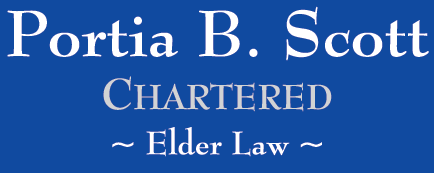
Medicaid planning is a complicated concept with many moving parts, all of which need to work in tandem and cohesively together to achieve the goal of providing quality long term care and/or nursing services to a Floridian in need.
People often merely state that Medicaid is always a payor of last resort, but that expression needs to be defined and discussed as part of an over-all plan.
The first issue addressed, then, is what is meant by “The payor of last resort?”
Medicaid is, indeed, the payor of “last resort.” Briefly, this means, when all other medical assistance care is gone, Medicaid may step up and help pay for some uncovered medical expenses.
Although Medicaid is a Federal program, it is administered on a State-by-State basis. When Medicaid was first being created, each state in the Union submitted their own plan on how the funds available to their own State’s Medicaid applicants. Florida submitted its plan which continues (with some tweaks) as to be used by Florida’s Medicaid system.
If the applicant (the “patient”) otherwise qualifies for Medicaid in Florida, the State’s Medicaid program will help pay the expenses of Long Term Care, including Nursing Home Care.
So, if the patient has a privately purchased policy for Long Term Care Insurance, those benefits will have to be fully depleted before Medicaid will provide any financial help.
If the patient has more than $2,000.00 in “countable assets,” those will need to be spent before Medicaid will help. (We do mean “spent,” too; not gifted away!)
If the patient is on Medicare, Medicare will step back and no longer pay once Medicaid has taken over. This means that the patient’s Medicare premium will no longer be deducted from any Social Security payment, increasing the net income of the patient.
Further, there will no longer be a need for supplemental health insurance since the policy (Medicare) which was being supplemented, no longer is paying.
When good planning has been implemented, including, at times, some of the countable assets of the patient having been legally and permissibly transformed into uncountable assets, Medicaid will step in to help pay for the Long Term Care Nursing Home expenses.
This is what is meant when the term “payor of last resort” is used.
Share this article




